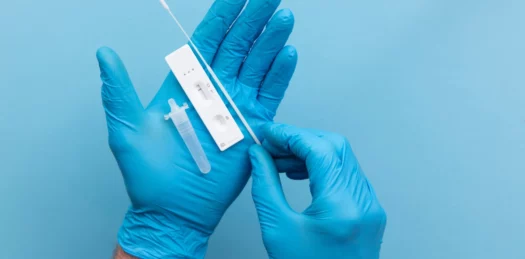Real-world data are increasingly used to support regulatory decisions throughout the product lifecycle. The EMA’s reflection paper offers scientific guidance on the use of RWD generated outside of traditional interventional trials, including from electronic health records (EHRs), claims databases, registries, and other digital health platforms. The document targets marketing authorisation holders, sponsors, and investigators planning non-interventional studies intended to produce RWE for regulatory purposes.
The European Medicines Agency (EMA) has published a reflection paper outlining when and how real-world data (RWD) from non-interventional studies can be used to generate real-world evidence (RWE) for regulatory decision-making. The document identifies quality and transparency criteria for study design, data sources, and governance. It supports the integration of RWD into product lifecycle decisions, including authorisation, extensions, and safety monitoring. This guidance is relevant to both medicines and medical devices under EU frameworks.
When RWD can support regulatory decisions
The paper outlines several scenarios in which non-interventional studies based on RWD may be acceptable:
- extension of indication or line of therapy,
- evaluation of effectiveness in clinical practice or specific populations,
- long-term safety monitoring,
- confirmation of benefit-risk post-approval,
- design of external comparators in single-arm trials.
Critical factors for RWD acceptability
To be considered suitable for regulatory use, RWD must meet high standards of:
- data quality (completeness, timeliness, consistency),
- data provenance and traceability,
- bias minimisation through sound methodology,
- governance and transparency in data access and usage.
Methodological expectations
EMA recommends early interaction with regulatory authorities and proposes:
- structured study protocols and statistical analysis plans,
- pre-specification of endpoints and sensitivity analyses,
- public registration and result disclosure in recognised databases.
Implications for sponsors and regulators
This reflection paper bridges regulatory science and real-world practice. It encourages proactive planning and methodological rigour in non-interventional studies. For medical devices, while EMA is not the lead regulator, the framework aligns with principles seen in the MDR’s PMCF strategies and supports a lifecycle approach to evidence generation.









